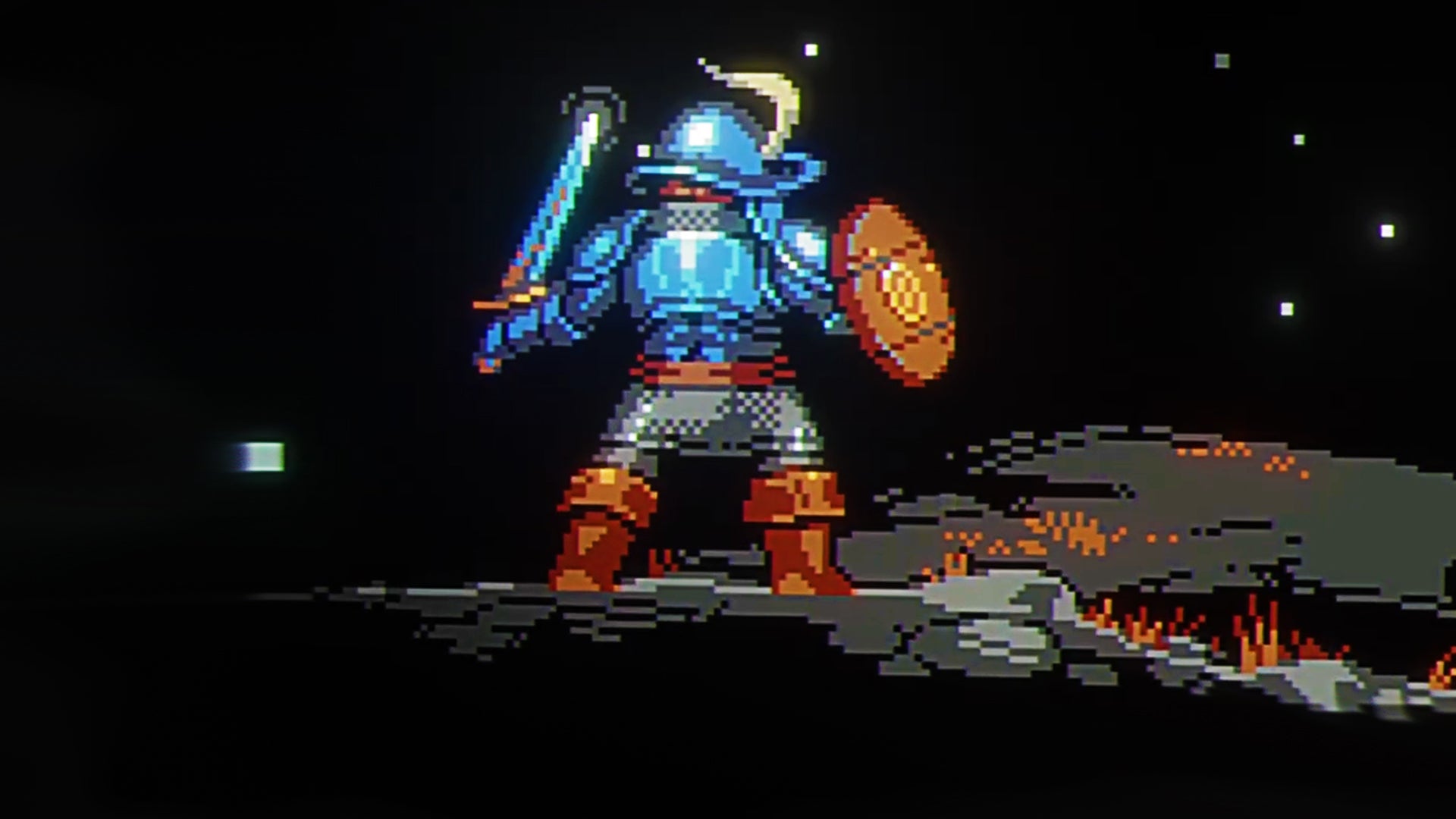The early days of computer games are dark at best, but the first RPG video game is generally accepted as being somewhere in the realm of Richard Garriott’s Akalabeth, Rogue and Tower Of Apshai. All three were based on the simple but compelling premise of going down to a dungeon to fight skeletons, vampires and all kinds of other monsters while searching for treasure. The limited technology of the time meant that none of them could replicate the narrative magic of Dungeons & Dragons – their closest inspiration – but their unique blend of statistics, loot and class-based gameplay helped capture the hearts of the first generation of PC games.
Today, RPGs are more focused on the impact of narrative choice, with games like Mass Effect praised for their spider web-like branching points. It is a trend pushed to the limit by Disco Elysium, which exchanges traditional combat for violent exchanges and insults. Still, the classic dungeon crawler lives through Dark Souls, Diablo and now a curious little battler named Loop Hero.
Developed by a small Russian indie studio called Four Quarters, Loop Hero quickly became a hit, second only to the Valheim survival hit on Steam’s bestseller lists. Its name derives from the loop that its hero goes through as the world grows around them, monsters appearing in the way as they appear. If it were a D&D campaign, it would be what a RPG partner of mine once called the “beer and pretzels game” – a minimal narrative, a lot of scrolling for combat.
As your character walks in a circle, automatically defeating slimes and spiders along the way, you gain cards containing resources and buildings. These items can be placed anywhere along the way, creating a series of constantly evolving obstacles for the tireless hero to cross. Defeating monsters generates loot, which can be turned into simple yet effective constructions that allow the hero to defeat monsters more efficiently. It is the traditional RPG loop visualized as a literal circle.
“What’s interesting is that, despite all its old school pretensions, Loop Hero meets many modern trends.”
After a few revolutions, the loop becomes a vibrant fantasy world filled with haunted forests, mansions and mountains that resemble nothing more than a classic fabric map. This feeling is reinforced by its aesthetic, which seems deliberately evocative of the PC RPGs of the late 80s and early 90s, particularly Treasures Of The Savage Frontier. It is as if an entire D&D campaign is unfolding in front of you in the space of a few minutes, full of tense encounters with vampires and other fantastic creatures.
It can be surprisingly difficult. It is tempting at first to equip any items that make your attack and defense increase – the serve comes so fast that it can be difficult to keep up, even with the pause function. But it is better to lean towards side effects, particularly evasion and vampiric attacks, as they dramatically increase the survivability as the number of enemies increases. Likewise, the placement of the crowd is a key consideration. Do you spread them out to increase more slowly or group them together to create tougher encounters that yield greater rewards? These tense decisions from moment to moment are a big part of why Loop Hero is so compulsive.
What is interesting is that, despite all its old school pretensions, Loop Hero meets several modern trends. Your element of city building – in which the resources you collect on the trail are invested in buildings that improve your runs – are reminiscent of recent roguelikes, like Hades. Its deck-building component brings to mind Slay The Spire, who managed to find a passionate audience by mixing draft play with tense tactical battles against bosses. And, of course, there is how it contributes to the popularity of real-time dungeon trackers like Diablo, its constant spread of cards and looting similar to the loot pinatas that define these games.

It’s more of a mix than anything, incorporating elements from the tower defense, CCG and rogue-lite genres, all dressed as a tribute to past dungeon crawlers. But it is a very intelligent mash-up, managing to evoke all the memories of classic RPGs with a simple and very compact configuration. In particular, it captures very well why dungeon trackers still resonate after all these years – the sense of discovery as you build the map, the sense of danger when weighing the benefits and disadvantages of yet another race, the satisfaction of building your hero a steamroller in real time.
I will admit that I have never been so focused on the role-playing aspect of RPG. I gave my first D&D character amnesia in part so that I didn’t have to think too much about his characterization from the start. I was more interested in balancing my character’s record so she could stay on the field. I was also not the only one. Call me min-maxer or whatever, but for me the narrative tended to arise organically from the systems, and not the other way around.
Loop Hero follows this tradition, which has been the basis of the genre for almost as long as video games have existed. And as a delightful throwback to dungeon crawlers, it’s a delight.
